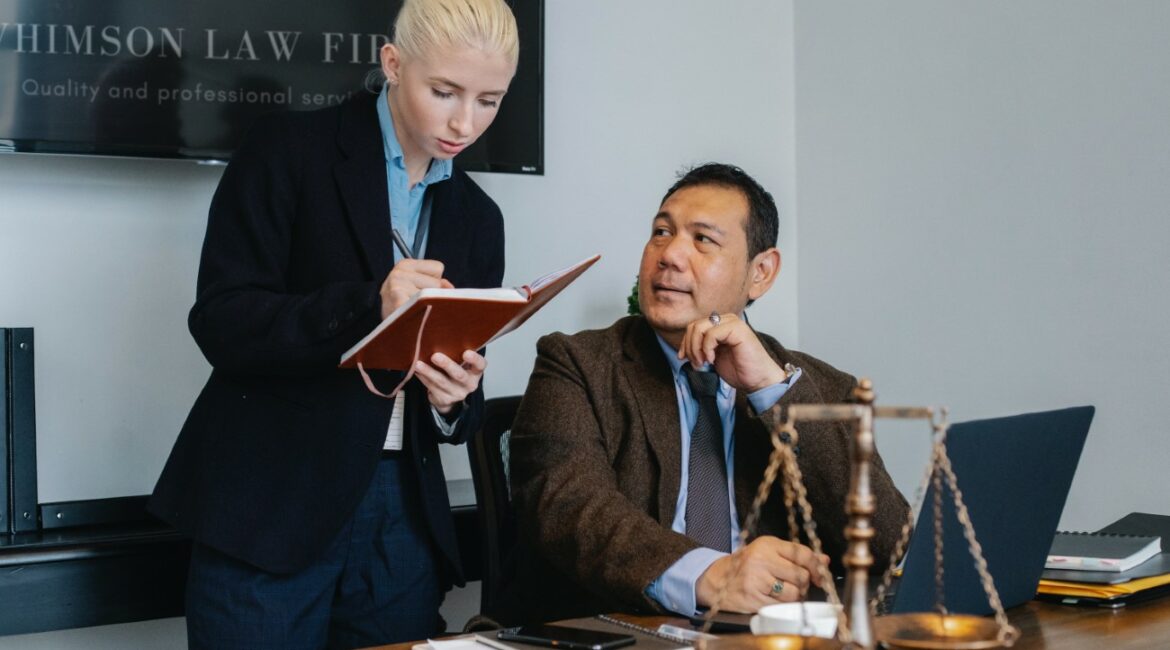An arrest can be a daunting and confusing experience, but understanding your rights is crucial to ensure you’re treated fairly and justly. In this quick guide, we’ll walk you through your rights during an arrest, empowering you with the knowledge you need to navigate this challenging situation. Whether you’re a first-time reader or seeking a refresher, this article offers practical insights to help you protect your rights.
Knowing Your Rights During an Arrest: Tips and Insights
- The Right to Remain Silent: The famous Miranda warning isn’t just a line from movies; it’s your legal right. You have the right to remain silent and not answer any questions from law enforcement. Politely inform the arresting officers that you choose to exercise this right.
- The Right to an Attorney: You have the right to an attorney. If you can’t afford one, a public defender will be appointed for you. Don’t be afraid to request an attorney during any questioning or legal proceedings. Having legal counsel is essential to protect your interests.
- The Right to Know the Charges: When arrested, you have the right to know the charges against you. It’s your legal entitlement to be informed of why you’re being taken into custody. Understanding the charges is the first step in preparing your defense.
- The Right to Refuse Searches: Unless law enforcement has a warrant or probable cause, you have the right to refuse searches of your person, belongings, or property. Politely express your objection to searches without a proper legal basis.
- The Right to a Fair and Speedy Trial: You have the right to a fair and speedy trial. This means that your case should be resolved without undue delays, and you’re entitled to due process, including the opportunity to present a defense.
FAQ : Your Rights During an Arrest – What You Need to Know
Can I be arrested without being read my Miranda rights?
Yes, it’s possible to be arrested without the Miranda warning being read immediately. However, the warning is typically given when law enforcement intends to question you in custody. It’s crucial to remember that you can still exercise your right to remain silent even if the warning hasn’t been read.
What should I do if I believe my rights are being violated during an arrest?
If you believe your rights are being violated, remain calm and polite. Document the details as accurately as possible, including the names and badge numbers of the officers involved. Contact an attorney to address potential violations.
Can I be arrested for refusing a search if law enforcement insists on searching me or my property?
You can be arrested if law enforcement has a valid search warrant or probable cause to believe a crime has been committed and that evidence is present. However, it’s essential to calmly assert your right to refuse searches and consult with an attorney if you believe your rights have been violated.
What if I can’t afford an attorney?
If you can’t afford an attorney, you have the right to a public defender, which is a court-appointed attorney who will represent you. You can request a public defender if you’re unable to hire a private attorney.
Are there additional rights during an arrest that I should be aware of?
Yes, the rights mentioned here are some of the most fundamental, but there are additional rights that may apply in specific situations. It’s advisable to consult with an attorney to fully understand your rights, especially in complex legal matters.
Handling Police Interactions: Dos and Don’ts
While the main article focuses on your rights during an arrest, it’s essential to delve deeper into practical tips for handling police interactions in a respectful and safe manner. Offer insights on how to remain calm, polite, and cooperative while still asserting your rights. Address common mistakes to avoid and discuss the importance of de-escalating potentially tense situations.
The Role of Body Cameras and Recordings
In an era of technology, it’s crucial to explore the role of body cameras and recordings during arrests. Discuss how the presence of body cameras on law enforcement officers can provide valuable evidence and accountability. Explain the legality of recording police interactions and highlight the significance of preserving recordings as potential evidence in legal proceedings.
Understanding Probable Cause
Probable cause is a critical aspect of arrest procedures, yet it’s often misunderstood. Provide a comprehensive explanation of probable cause, including what it means, how it’s determined, and its role in arrest scenarios. Clarify when probable cause is necessary for searches and arrests, helping readers understand their rights in various situations.
The Impact of Arrest Records on Your Future
Arrest records can have lasting consequences, affecting future job prospects, housing opportunities, and more. Explore how arrests can result in criminal records and discuss potential methods for sealing or expunging these records, depending on local laws. Provide guidance on how individuals can address the impact of arrest records on their future.
Practical Tips for Interacting with Arresting Officers Safely
While readers have the right to remain silent and request an attorney, it’s beneficial to offer practical advice on how to interact with arresting officers safely. Discuss topics such as keeping your hands visible, avoiding sudden movements, and clearly communicating your intentions. These tips can help individuals navigate arrest situations with minimal risk and conflict.
Knowing your rights during an arrest is essential for protecting your interests and ensuring a fair legal process. Remember that your right to remain silent, right to an attorney, right to know the charges, right to refuse searches, and right to a fair and speedy trial are all integral to your legal protection. By understanding and asserting these rights, you can navigate an arrest with confidence and safeguard your legal well-being.
- A Chat with Nate and Mika, Christian Wedding Photographers - July 18, 2024
- Ultimate Guide To Playing Online Casinos - May 27, 2024
- Addiction Recovery Books Worth Reading - January 24, 2024









